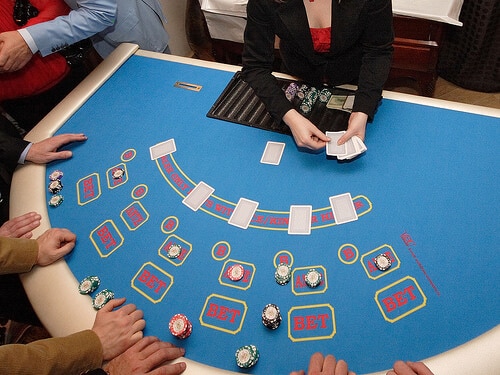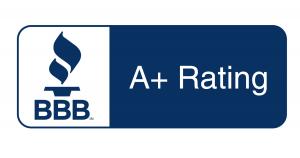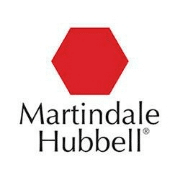Improperly Treated or Imprisoned at a Casino
If you’re headed out for a night of gambling, it may not occur to you that you could be improperly detained or mistreated in a casino. But that’s exactly what has happened in a number of cases in Pennsylvania and around the country.
Multiple plaintiffs have sued casinos for violations of their civil rights and other allegations of harm, and some cases have been settled. If you’re accused of illegal behavior in a casino — including fraud, cheating, or theft — and you’re detained for a long period of time, physically abused or neglected, it’s important to work with an experienced criminal defense attorney. You may be entitled to compensation for injuries or for violations of your rights.
False Imprisonment, Assault Alleged
In one case, a long-time Philadelphia police officer was caught using a card-counting device at a Bensalem casino. The officer later sued the casino for improper treatment. He said he was playing blackjack when several casino representatives instructed him to come to another part of the building and empty his pockets, which contained a card-counting or memory tool.
The plaintiff in the lawsuit said his ankle was handcuffed to a bench while the defendants questioned him. He also said he was taken to a bathroom and told to remove his clothing, stand still and remain quiet or the defendants would physically injure him.
The defendants then allegedly performed a strip search and cavity search on the plaintiff. Meanwhile, a casino security guard held the bathroom door open, allowing employees walking by to view the plaintiff with no clothes on and being strip-searched.
In another recent case, a man who won a $2,000 jackpot sued an Ohio casino for malicious prosecution and false imprisonment after he was detained as he left the facility. The complaint named as defendants three Cincinnati police officers; the city settled that portion of the plaintiff’s case.
What Rights Do Casinos Have?
If you’re a regular gambler, you should be aware that casinos have significant legal rights against individuals accused of illegal actions or behavior that violates casino policy. In general, casinos can:
- Bar individuals from entering the facility or from playing.
- Stop a patron from engaging in intimidating behavior toward employees or other patrons.
- Remove a patron for excessive drinking.
In some cases, casino security personnel may legally hold a patron until law enforcement officers arrive. But if you’re held for an excessive period of time or if you are physically abused or neglected, you should consult with an experienced criminal defense attorney about your case.
Your Rights as a Patron
If you don’t understand how a game works or need help with understanding casino rules and regulations, you can ask casino personnel for assistance. And while casino employees have the right to ensure that you follow the law and the casino rules, they do not have the right to illegally mistreat you.
In Pennsylvania’s non-tribal casinos, both federal and state laws apply. Even if you’re accused of committing an illegal act, casino employees — including off-duty police officers working security — do not have the right to assault you, harm you physically or otherwise treat you in an abusive manner.
Different Rules in Tribal Casinos
You should be aware that the rules are somewhat different in tribal casinos nationwide. For gamblers who are skilled in card-counting, playing in a Native American-run casino can be risky; winners have reported wrongful detentions, seized winnings and abusive treatment.
Many casinos blacklist or ban players who appear to have an unfair advantage. But in tribal casinos, legal options are limited for gamblers who feel they’ve suffered mistreatment. Properties owned by Native Americans typically are protected against lawsuits due to laws that recognize tribal sovereignty.
Two recent federal lawsuits are testing that traditional immunity, however. In one case, three players from China allege that a Connecticut casino illegally seized $1.6 million that the trio used as front money along with more than $1 million in winnings. The casino kept the money after accusing the players of cheating at mini baccarat.
The three gamblers said they were not allowed to use an attorney of their choice during proceedings, which ended with a ruling against them by the tribal gambling commission. When the three sued in federal court, the suit was dismissed after the casino owners argued for immunity.
In an Arizona case, a player said that after winning a large sum of money in a tribal casino, he was was assaulted — including having his genitals grabbed — by police officers who did not identify themselves. He filed a lawsuit alleging that he was kidnapped, handcuffed and forced into an isolated room of the casino, where he had money stolen from him. In that case, a federal judge ruled that sovereign immunity did not apply.
Seek Legal Assistance for Casino Mistreatment
If you believe you’ve been illegally detained, assaulted or otherwise mistreated in a Pennsylvania casino, it’s important to work with experienced legal counsel to ensure that you are appropriately compensated and that your rights are protected. For a free consultation, contact DeLuca, Ricciuti & Konieczka.











